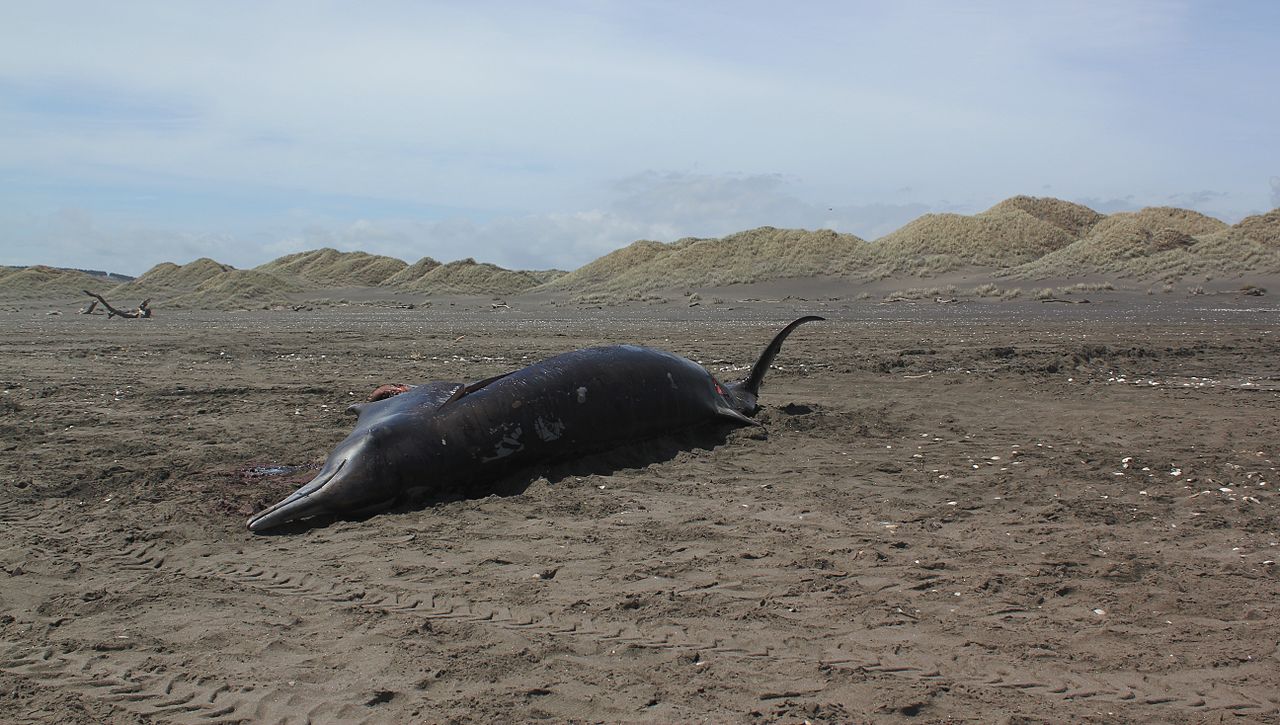News release
From:
There are whale species we know little about in the deep oceans. We performed a genomic analysis of Gray’s beaked whales found on the beaches of South Africa, Australia and New Zealand. We generated complete mitochondrial and partial nuclear genomes for 22 whales and found high genetic diversity and no population structure. Looking back in time, Gray’s existed at stable levels over the past ~1.1M years, with a ~2-fold increase in population size ~250 thousand years ago, coinciding with increased Southern Ocean productivity, temperature and a potential expansion of habitat. Gray’s beaked whales may be resilient to near-future ecosystem changes.



 Australia; New Zealand
Australia; New Zealand



